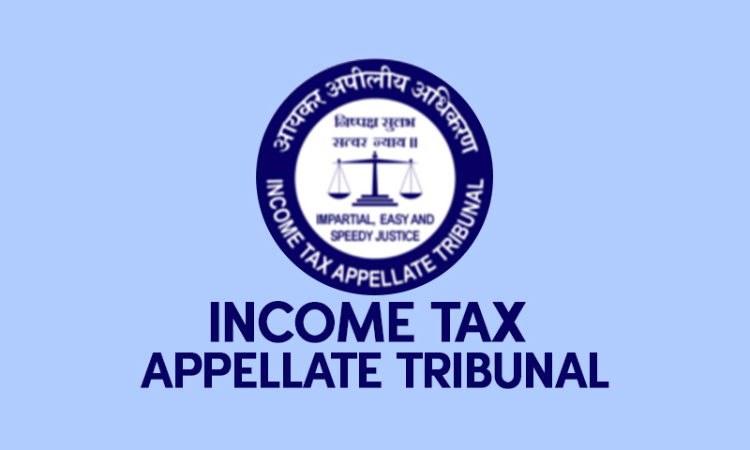LTCG On Penny Stock Transaction Cannot Be Denied Exemption In Absence Of Incriminating Material: ITAT Mumbai
Parina Katyal
14 March 2022 9:32 PM IST

Next Story
14 March 2022 9:32 PM IST
The Mumbai Bench of ITAT, consisting of members Rahul Chaudhary (Judicial Member) and Shamim Yahya (Accountant Member), has ruled that long term capital gains arising from a penny stock transaction cannot be denied exemption under the Income Tax Act, 1961 on the ground that the said transaction is bogus and pre-arranged in the absence of any incriminating material. The Assessee,...
